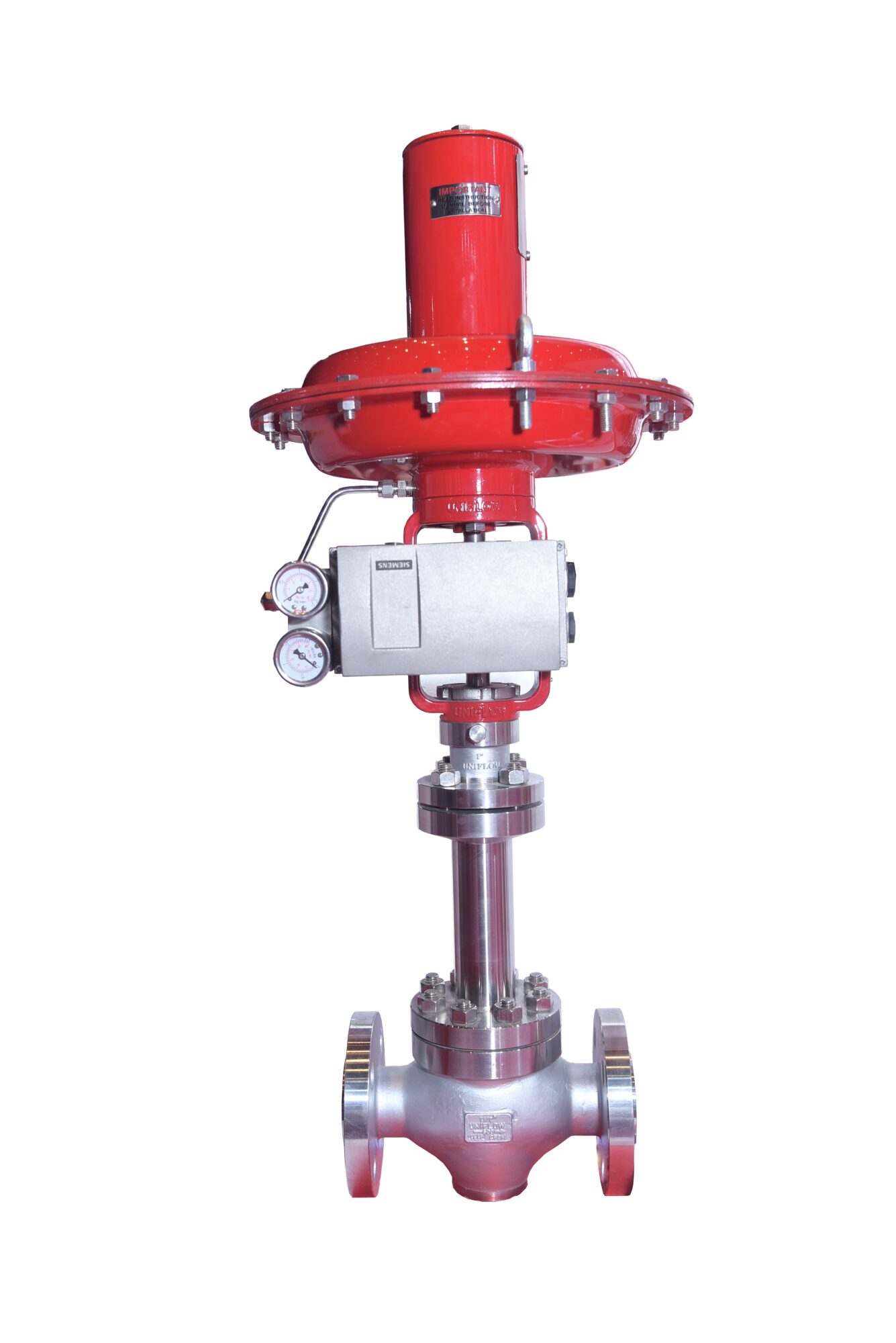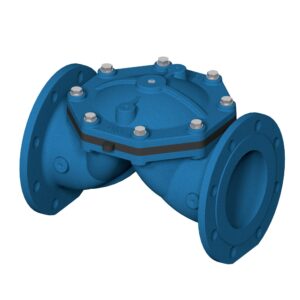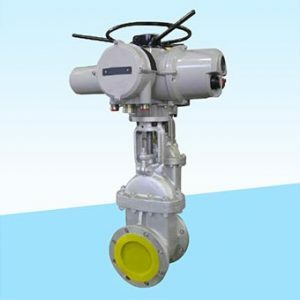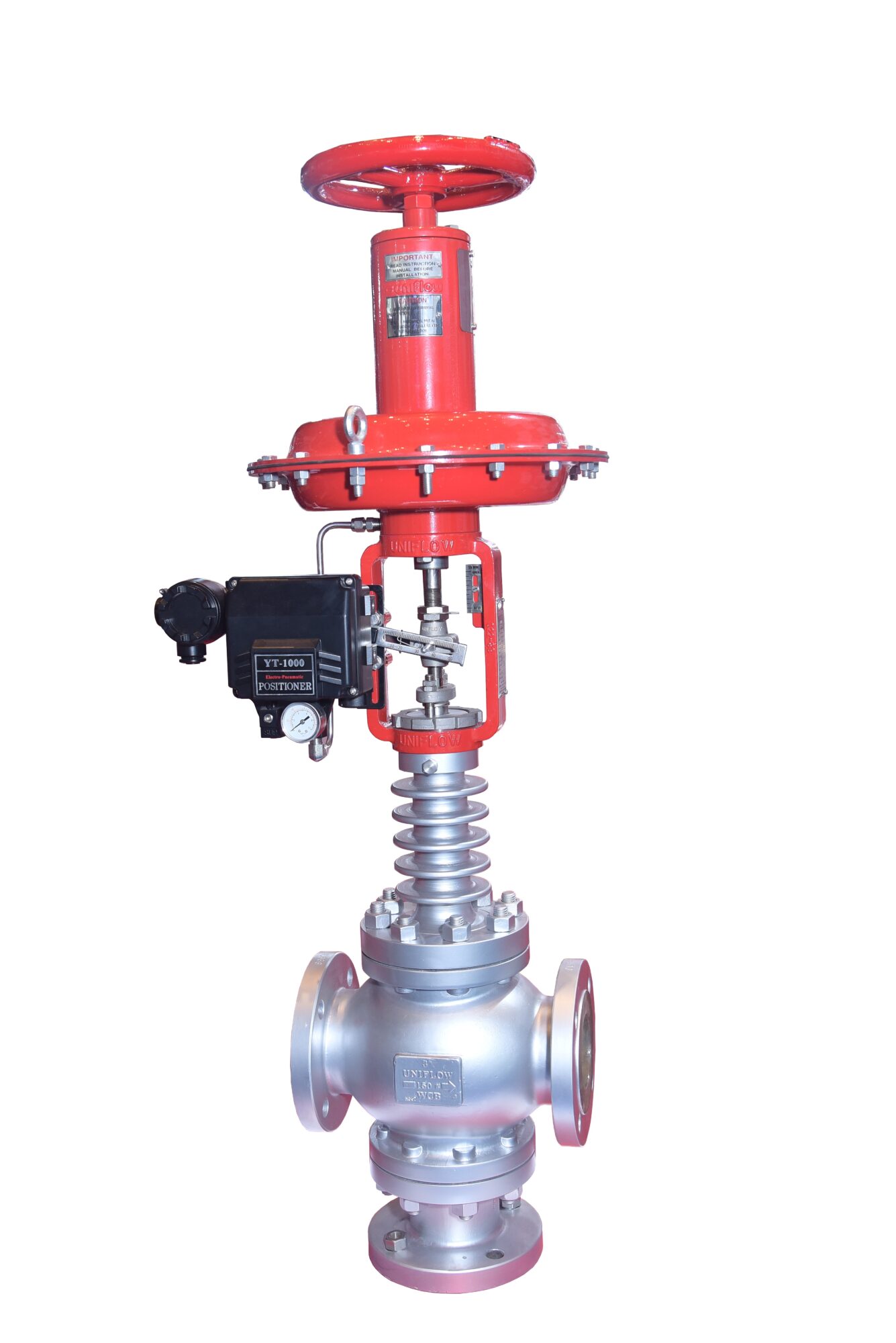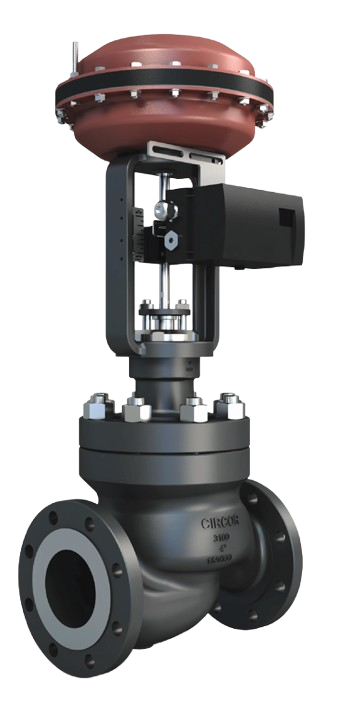Control Valves
Control valves are vital components in fluid management systems, designed to regulate the flow, pressure, temperature, and level of fluids within various processes. They play a key role in ensuring that systems operate efficiently, safely, and with precision. By adjusting ... Read More
-
Manufacturers
-
Industries
-
Actuation Method
-
Certification
-
Media
-
Body Material
-
Installation Position
-
Accuracy class
-
Temperature class
-
Mechanical Class
-
Electromagnetic Class
-
Design Standards
-
Actuator Technology
-
Applications
-
ANSI / ASME Ratings
-
Country
-
Protection Classes
-
 Alloy SteelChlorineHigh Pressure
Alloy SteelChlorineHigh Pressure2 Way Globe Control Valve

-
 Alloy SteelDowthermPharmaceuticals
Alloy SteelDowthermPharmaceuticals3-Way Globe Control Valve

-
 Pipeline
PipelineAngle Globe Valve

-
 Exotic AlloysChemicalsFlow Control
Exotic AlloysChemicalsFlow ControlAxial Flow Control Valves

-
 Carbon SteelCritical PressuresThermic Fluids
Carbon SteelCritical PressuresThermic FluidsBellow Seal Globe Control Valve

-
 Alloy SteelAmmoniaCorrosive Chemicals
Alloy SteelAmmoniaCorrosive ChemicalsBellow Sealed Globe Control Valve

-
 Carbon SteelAmmoniaHydrogen Applications
Carbon SteelAmmoniaHydrogen ApplicationsBellow Sealed Globe Control Valve *ECD

-
-
 Alloy SteelCritical PressuresDry Chlorine
Alloy SteelCritical PressuresDry ChlorineCast Bellow Seal Globe Control Valves

-
 Carbon SteelChemicalsChlorine
Carbon SteelChemicalsChlorineChlorine Bellow Seal Globe Control Valve

-
 ChemicalsMarine
ChemicalsMarineCIR 3100 Control Valves

Category Description
Control valves are vital components in fluid management systems, designed to regulate the flow, pressure, temperature, and level of fluids within various processes. They play a key role in ensuring that systems operate efficiently, safely, and with precision. By adjusting the position of internal elements such as a valve disc or plug, these devices modulate the flow of liquids, gases, or slurries in response to signals received from a controller. This modulation allows the system to meet specific process conditions, such as maintaining the desired flow rate, pressure, or temperature.
In various industries, the importance of these valves cannot be overstated, as they contribute to optimal process performance and safety. For instance, in chemical processing, control valves ensure that reactants are mixed under controlled conditions, preventing undesirable reactions. Moreover, they help manage energy consumption by optimizing flow rates, which can lead to significant cost savings in large-scale operations. Overall, the integration of control valves enhances the reliability and efficiency of fluid management systems, making them indispensable in modern industrial applications.
